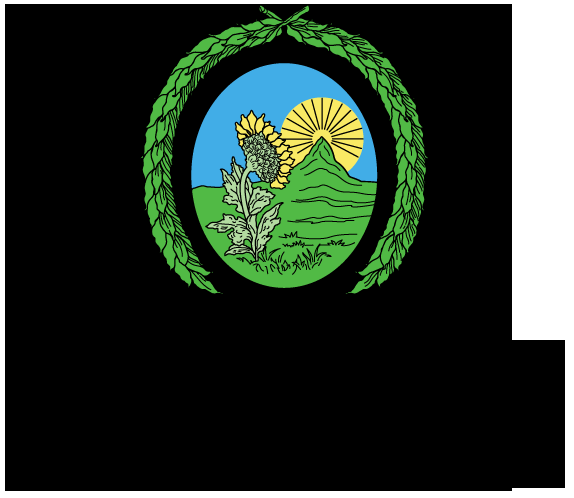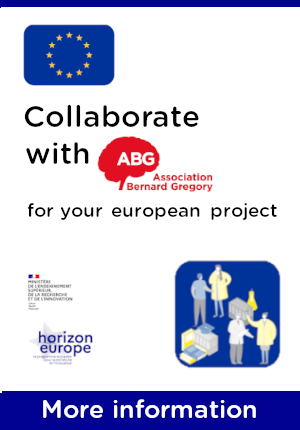Characterization of ECM alterations in a venom-induced model of skin damage and identification of key targets for improving skin healing in protease-rich wounds
| ABG-134406 | Sujet de Thèse | |
| 15/11/2025 | Financement de l'Union européenne |

- Biologie
- Biochimie
- Biotechnologie
Description du sujet
Snakebite envenoming is a serious tropical disease that affects thousands of people in developing countries every year, especially in rural and low-income settings of Africa, Asia, and Latin America. Survivors often face serious physical and psychological sequelae that can lead to disability, with socioeconomic consequences for them and their families.
One common effect of viperid snake envenomings is skin necrosis that develops rapidly after the bite, followed by defective wound healing, causing fibrotic scars and loss of tissue functionality. Administration of specific snake antivenoms does not necessarily avoid the development of local tissue damage, since venom proteinases act rapidly and cause structural and pathophysiological alterations on skin that impair the regenerative process.
This PhD project will increase the understanding of the changes on skin extracellular matrix induced by snake venom metalloproteinases, and will enable the identification of key targets for improving skin healing of snakebite victims.
This PhD project is part of the Remod Healing Network, A Marie Skłodowska-Curie Doctoral Network supported by Horizon Europe.
Prise de fonction :
Nature du financement
Précisions sur le financement
Présentation établissement et labo d'accueil
The University of Costa Rica (UCR) is the largest in the country, with a student population of 40,000 in graduate and undergraduate programs. It encompasses schools in all fields of knowledge, including basic natural sciences, health sciences, social sciences, engineering, agricultural sciences, and humanities. The Instituto Clodomiro Picado (ICP, http://www.icp.ucr.ac.cr/) is a Research Institute of the University of Costa Rica with a long history of research in snake venoms and antivenoms, and is recognized as a reference centre on these topics. It participates in training graduate and undergraduate students of UCR and other universities. The Institute has significantly contributed to increasing the knowledge in snake venom toxinology, evidenced in more than 600 publications in international journals and book chapters, through collaborations with different institutions worldwide.
Site web :
Intitulé du doctorat
Pays d'obtention du doctorat
Etablissement délivrant le doctorat
Profil du candidat
MSc degree in biology, toxinology, biochemistry or biomedical sciences.
Experience in analytical methods, animal models and immunological methods.
Excellent English communication skills (written and spoken).
Interpersonal skills for working in a research team.
Capacity to work independently, to standardize new laboratory procedures, and to analyze experimental data.
Vous avez déjà un compte ?
Nouvel utilisateur ?
Vous souhaitez recevoir nos infolettres ?
Découvrez nos adhérents
 MabDesign
MabDesign  Généthon
Généthon  Groupe AFNOR - Association française de normalisation
Groupe AFNOR - Association française de normalisation  SUEZ
SUEZ  PhDOOC
PhDOOC  Institut Sup'biotech de Paris
Institut Sup'biotech de Paris  ONERA - The French Aerospace Lab
ONERA - The French Aerospace Lab  Aérocentre, Pôle d'excellence régional
Aérocentre, Pôle d'excellence régional  Nokia Bell Labs France
Nokia Bell Labs France  Laboratoire National de Métrologie et d'Essais - LNE
Laboratoire National de Métrologie et d'Essais - LNE  CESI
CESI  TotalEnergies
TotalEnergies  ADEME
ADEME  ANRT
ANRT  CASDEN
CASDEN  ASNR - Autorité de sûreté nucléaire et de radioprotection - Siège
ASNR - Autorité de sûreté nucléaire et de radioprotection - Siège  Ifremer
Ifremer  MabDesign
MabDesign  Tecknowmetrix
Tecknowmetrix



